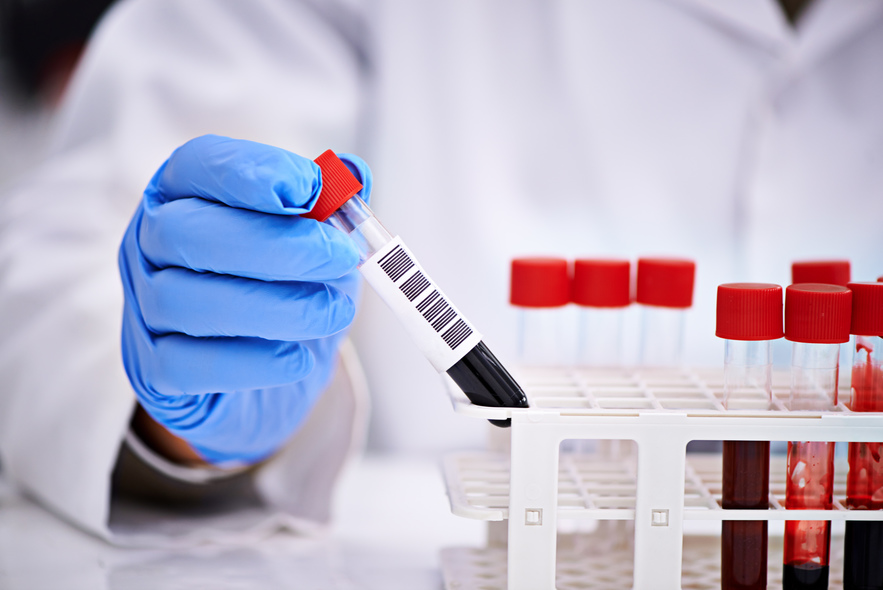It’s not possible for everyone, though, and there’s no guarantees. And, of course, if you’re born with Type I diabetes, you can’t – it’s part of you and it’s beyond your control. If you want to learn more about the difference between Type II and Type II diabetes, click here. Not only can you reverse Type II diabetes, you can prevent it. And why wouldn’t you?
The changes necessary to reverse and prevent diabetes (Type II) are basically the same, so why would you wait until you develop this life-threatening, complex health problem before you initiate those changes? Because:
- Many of us do that typical thing of not engaging in preventative health – it’s boring, not immediately gratifying, and a bit scary.
- We’re indoctrinated into this archaic practice of reactive sick care where we don’t help ourselves and don’t seek medical attention until we’ve got a problem.
In 2015, almost 10% of the American population had Type II diabetes – that’s over 30 million people, with a further 1.5 million being diagnosed every year. According to the American Diabetes Association, there are also 84.1 million people in the U.S. with pre-diabetes.
How much do you think diabetes costs?
Well, in 2017, diabetes cost:
-
- $237 billion in direct medical costs
- $90 billion by lack of productivity
But How Can You Reverse Diabetes Type II?
You stand the best chance of reversing diabetes if you get diagnosed early. Again, this is another example of preventative healthcare. It’s not just about you avoiding disease, it’s about getting the tests and screenings regularly so that if you do have a disease, your medical professionals catch it early to give you the best possible outcome. That’s one of the reasons Healthdom is so helpful – our healthcare app reminds you when you need a screening and helps you find a local provider who accepts your insurance.
Oddly, in spite of the number of studies that show that diabetes can be reversed, most health providers simply focus on managing the condition and all its subsequent complications. And yet it’s known to be reversible if a patient is diagnosed early – and preventable for people who are committed to ensuring their continued good health. A study by Glasgoow and Newcastle universities, for example, found that 9 out of 10 overweight patients in the study with Type II diabetes who lost at least 30 pounds put their diabetes into remission.
Significant, Controlled Weightloss for Diabetes Reversal
Professor Roy Taylor of Newcastle University and lead researcher in the above mentioned trial describes how substantial weight loss reduces not just abdominal fat, but also fat inside the liver and pancreas, which reduces strain on the organs and allows them to resume normal function.
Yes, bariatric surgery to restrict stomach capacity can help with weightloss and diabetes reversal, but that’s pretty extreme and should only be attempted if all other avenues have been exhausted and under the advice of your primary physician. Instead, whether you’re clear of diabetes, in pre-diabetes, or have full-blown type 2 diabetes, a healthy diet is the key to prevention and reversal. Preventative health care is much more effective than reactive sick care.
Focusing on whole foods, reducing calorific intake, and avoiding sugar and heavily processed food is good for your general health and helps with avoiding all kinds of chronic diseases that plague so much of our population. For reversing or preventing diabetes, you should eat a diet high in fruits, vegetables, and lean protein, and low in carbs and unhealthy fats. This is the foundation to successful diabetes reversal. Add in increased activity levels for additional weightloss and better fitness and general health, and you’ve got the recipe for diabetes prevention and remission.
A Word of Caution…
Don’t undertake a radical low-calorie diet without the consultation of your primary healthcare professional, as this can carry its own dangers. Instead, try making healthier choices, getting more active, and staying within the recommended calorific intake for your gender, height, and activity level. Be smart: engage in a healthy lifestyle as part of your preventative health care regimen.
Increased Physical Activity
Exercise reduces your body’s resistance to insulin and insulin-resistance due to poor diet and lack of activity is a leading cause of type 2 diabetes that requires insulin intervention. Aside from the obvious weight loss benefits, increased fitness, and higher energy levels, committing to increased exercise can bring mental health and social benefits, too, alongside helping to reverse diabetes.
Use Healthdom to help you identify your genetic and lifestyle risk factors as well as schedule regular health screenings and diagnostic tests. Our healthcare app can also help you reduce your controllable risk factors and aid you in making healthful choices, as well as providing tips and advice to fuel your preventive health routine.




